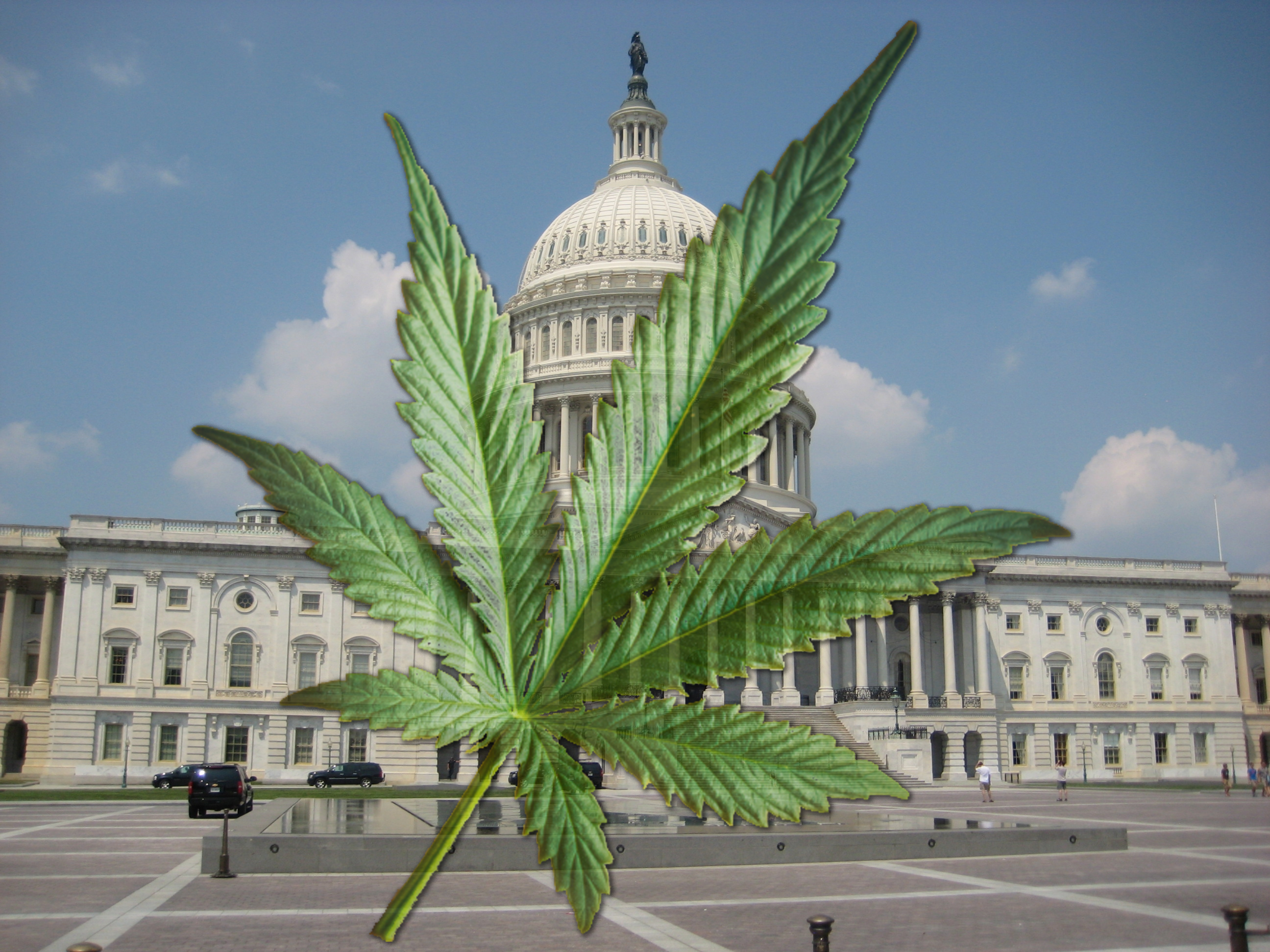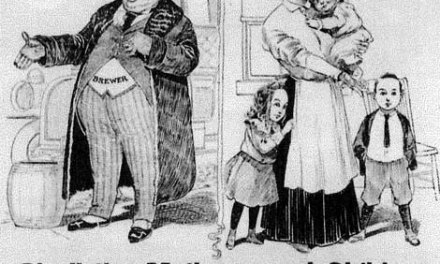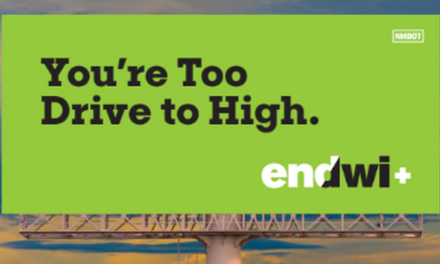I wondered when this issue would finally come to the nation’s attention. With so many states looking to legalize cannabis, it’s bound to be an opportunity for corruption at multiple levels. An overview:
How state marijuana legalization became a boon for corruption
Hard to believe the politicians didn’t see this one coming. In an effort to gain support and reassure communities of control over how and where the drug could be sold, politicians granted approval to local government officials. That inadvertently opened the door to classic “Pay to Play” (P2P) scandals. A company or investors’ group that wanted a license to sell cannabis in their town is nudged into making a substantial financial contribution– perhaps to a “support-the-police” fund drive.
Wink, wink. Yes, we might consider that a form of bribery.
Naturally, this allows the larger, richer, more politically connected firms a clear advantage over the competition. It’s especially tempting for communities where there are multiple unfilled needs and too few resources. That money sure looks good.
In the case described in the article, the young mayor of a small city managed to collect some $600,000.
Anyway, the cannabis industry continues to push to eliminate regulations altogether, claiming that “market forces” can prevent corruption in the emerging marketplace. It’s definitely self-serving, but more importantly, in the long run it won’t work. States where recreational cannabis is legal– 17 of them now, I believe — still have plenty of drug-related crime. Just a different variety.
When society decides that a drug should be regulated, government accepts the responsibility for enforcing those regulations. A certain amount of lawbreaking is to be anticipated — Pay to Play is only one example.
Of course there will be attempts to cheat. There’s lots of money involved, and human beings will be tempted.
The State faces a decision. Do we choose to deal with the problems of enforcement, or the problems that stem from the absence of regulations?
I’m not sure the voters are up to the decision. In many places, they’re quite ambivalent about legal cannabis. Most aren’t users themselves. Scientific evidence for the medical benefits is uneven at best. Experience elsewhere teaches that when recreational pot is legal, consumer participation in medical marijuana programs declines. Easier and cheaper to buy from the shops and stores.
With legalization, it figures that more people will use the drug, perhaps on a regular basis. That’s good in terms of tax income– more money for the State. That’s a major reason for legalization of cannabis in the first place. It becomes a significant revenue stream.
But taxation raises the price of cannabis and that creates a role for a black market. That occurred with cigarettes, where illicit sales now thrive. The higher the taxes, the more attractive cheaper illegal products become for cost-conscious users. I’m told that in our state alone, about half the cigarettes consumed come from illicit sources.
I haven’t even touched on the issue of an expected increase in the number of people, underage and older, who will develop a Cannabis Use Disorder (CUD) and/or Cannabis Dependence, per DSM5 criteria. That’s something that requires careful attention and monitoring. For instance, all these decades after they were brought into the mainstream, tobacco and alcohol remain our biggest sources of drug-related health problems.
My suggestion: Instead of doing away with government involvement, focus instead on improving the system of regulatory control over use and sales of the drug. That way the public retains some control over its fate– versus trusting in the good will and civic sense of corporations and their investors.
Whose interests ultimately lay with profits. Business exists first and foremost to make money.
It’d be naïve to pretend otherwise.













